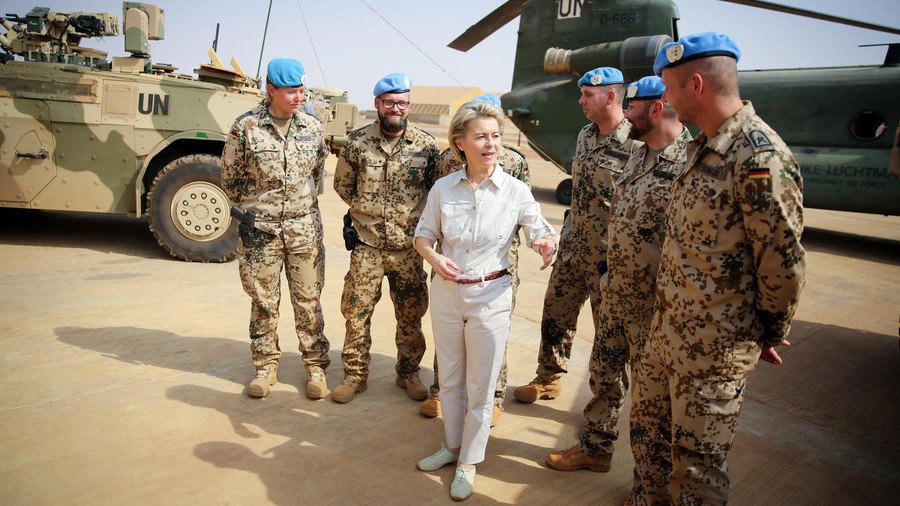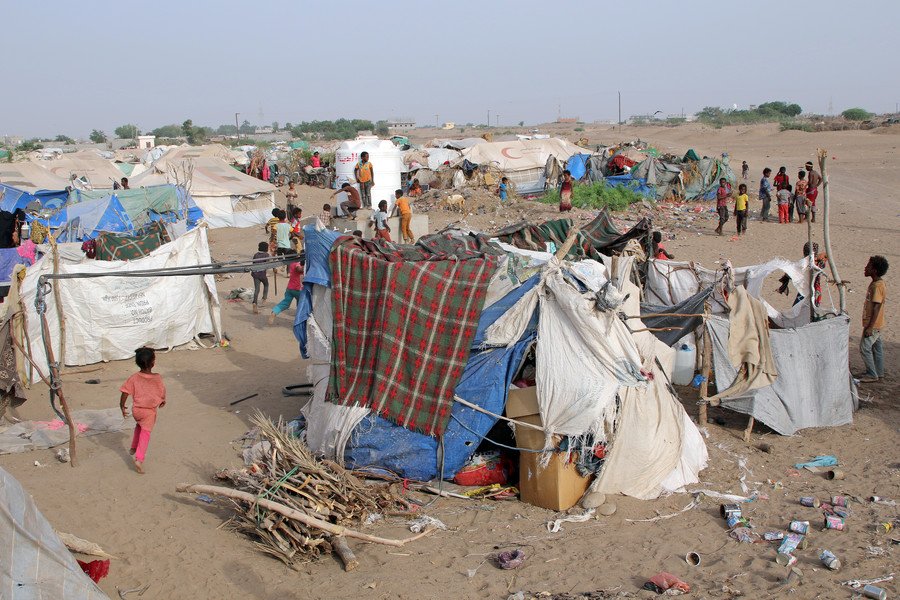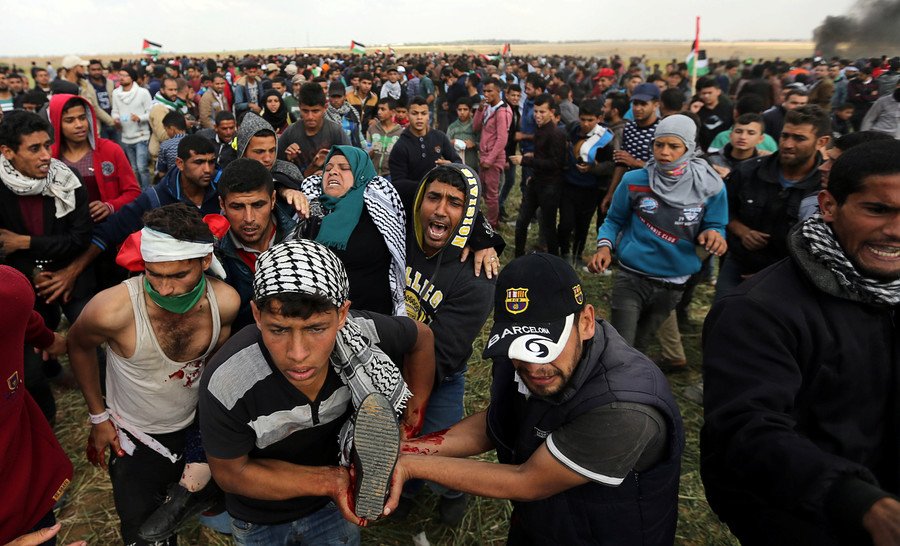Germany wants to solve the world's problems... but these 8 crises aren't an overnight fix

Coming up with peaceful resolutions to the world's problems isn't an easy task, but Germany's foreign minister says Berlin is ready to give it a go. However, the country could be in over its head.
German Foreign Minister Heiko Maas made an ambitious statement on Thursday, saying that Berlin is "ready to reassert responsibility as a non-permanent member of the UN Security Council in the peaceful resolution of crises." But the country is likely biting off more than it can chew – just look at these eight ongoing world problems.
1. Syria
The Syrian Civil War has been going on since 2011. The Arab Spring protest turned into a civil war, which turned into a war with Islamic State (IS, formerly ISIS) terrorists, which saw international players come in. Granted, the Syrian government has made major gains against militants recently, but fighting still continues.
READ MORE: Syria not ‘immune’, Israel will destroy Assad’s forces if attacked, says Netanyahu
2. Yemen
The civil war in Yemen has been raging since 2015. Over 10,000 people have been killed, with more than three million displaced. The conflict has also sparked a horrific humanitarian crisis. A major cholera outbreak has killed countless people and so has famine, which has pushed the population to the brink.

3. US-European relations
The relationship between Washington and its traditional allies continues to become even more strained, as President Donald Trump executes his ‘America First’ policy. Tensions were worsened with his pullout of the Iran nuclear deal, and again when he slapped tariffs on European aluminum and steel. German Chancellor Angela Merkel has acknowledged the changing relationship, stating that Europe must take its fate into its own hands because it can no longer rely on the US to protect it. Let’s see how well Berlin can do.
READ MORE: Europe should stand up to US threats and defend interests, ex-Austrian chancellor tells RT
4. Libya
Unrest in Libya once dominated the headlines after the Western invasion in 2011, but media attention has since shifted to Syria. However, ground clashes and shelling are still taking place, corruption is rampant, and civilians are still suffering.
5. North Korea
The summit between Donald Trump and Kim Jong-un was going to happen, then it wasn't. Now it's back on again. Who knows if it will actually end up taking place, and what outcome can be expected if it does. With two leaders who have proven to be unpredictable and previously threw childish insults at one another, it's reasonable to be skeptical. If the meeting doesn't end with Trump and Kim embracing in what would surely be the world's most awkward hug, there's a good chance you can add the North Korean situation to Berlin's list of problems to solve.
6. Israel & Palestine
The conflict, which has been going on for 70 years, was recently fueled by Trump’s decision to move the US Embassy to Jerusalem, thus recognizing it as Israel’s capital. It sparked major protests at the Gaza border and the use of force and killing of protesters by Israeli authorities.

7. Qatar & Saudi Arabia
It’s been one year since Arab states including Saudi Arabia, the United Arab Emirates, Bahrain, and Egypt severed ties with Qatar by imposing a land, sea, and air blockade, after accusing it of supporting terrorism and being overly friendly with Iran. Now tensions between Doha and Riyadh have worsened even more, with Qatar eyeing NATO membership and Saudi Arabia recently threatening "military action" over Qatar's proposed purchase of the Russian S-400 air defense missile system.
8. South China Sea tensions
When it comes to this body of water, China is in a battle with most everyone, from Brunei to Malaysia, the Philippines to Vietnam and Taiwan. Beijing has made clear it’s not backing down, going so far as to build artificial islands in the disputed Spratly chain. The islands even have runways, radar sites, aircraft hangars, and hardened surface-to-air missile shelters, according to satellite photos analyzed by the Washington-based Center for Strategic and International Studies (CSIS). Is China going to back down because Germany wants everyone to be best friends? Doubtful.
BONUS:
But there are problems closer to home – the Eurozone and Europe’s own economic issues that have been dragging it down for almost a decade. Berlin is the leader which the periphery is looking to bring back growth and prosperity. Juggling deficit rules, bailout fallout, and the implosions of political systems in the most affected countries is certainly no mean feat.
Think your friends would be interested? Share this story!














